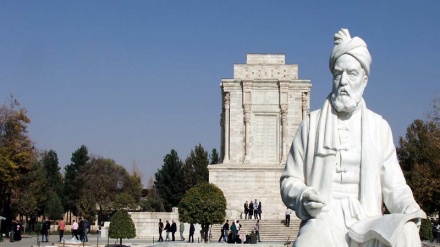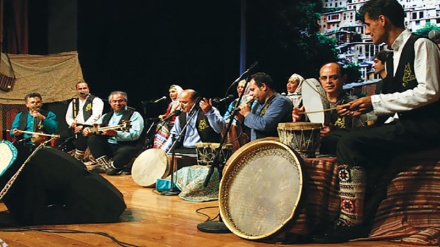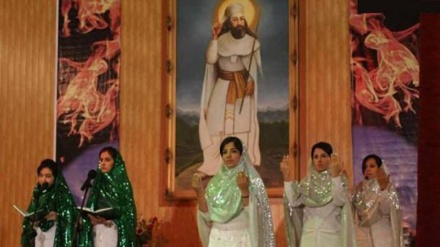Iran, land of various ethnicities (24)
Presently there are approximately 15 million Jews in the world. The majority of these people live in the United States, the occupied Palestine, Russia and a few European countries. There are some Jewish minorities in other countries, too. In this episode we are going to discuss the Jewish ethnicity in Iran.
The Jews have resided in Iran since 2700 years ago. Moreover, some of the mausoleums of the Jewish divine messengers are located in Iran. Among them mention can be made of Daniel in Shush (Susa), Esther and Mordecai in Hamedan and Habakkuk in Tuyserkan. The Jews have always had representatives at Majlis (parliament). According to the constitution, every 150,000 people have one representative at the parliament; but there is a Jewish representative at parliament although their population is just 10,000 in Iran. The activities of the Iranian Jews are carried out by the leadership, the Jewish MP and the Managing Board of Jewish Association in Tehran. The Iranian Jews mainly live in Tehran. There are some of them in Isfahan and Shiraz, too. The Jewish community, like other Iranian people, have played role in the development of the country and they have even lost 15 of their youths in the 8 year war which was imposed by the US through Saddam.
The Jews enjoy various schools in different levels in which they are taught their own religion and language besides the official teachings. The Jewish community has several synagogues, cultural centers, institutions of youth, students and women. Gibor sports club and the Jewish Ladies Organization are among these centers. Furthermore, the Jews have their own central library, amphitheater, 10 centers for supplying meat according to the Jewish law, 4 restaurants and more than 20 NGOs.
After the victory of the Islamic Revolution the number of the Jewish female students has increased so that over 70% of them have academic studies. In addition, over 90% of the Iranian Jews are either students or have graduated from universities. Some of them are teaching at universities, too.
The Jews enjoy high standards of freedom in Iran. They are permitted to publish their magazines. They administer their institutions and their special schools and teach Hebrew at their schools.
Presently, non-Muslim communities enjoy high level of freedom in Iran to hold their religious and social ceremonies. There are numerous centers which have been registered and handle the affairs of these communities.
Siamak Moreh Sedgh is the representative of the Iranian Jews at Majlis (Parliament). He says, “The situation of the minorities in Iran is one of the best examples of co-existence. The situation of the minorities in Iran is exemplary in view of freedom, conducting religious activities, participation at all social and political activities. What is more important is that the Islamic Republic government gives noticeable assistance to religious minorities to advance their religious and cultural affairs and even the expenses of water, electricity and gas of the synagogues, churches and temples of Zoroastrians are all free of charge. Besides, a considerable budget has been allocated for repairing of their religious centers and cultural activities. This shows that the Jews, Christians and Zoroastrians are an inseparable part of the Iranian people. Therefore, even if we want to look at Iran with the western standards of human rights, Iran is the most democratic country in West Asia; and the freedom practiced in Iran doesn’t exist anywhere in the world.”
RM/ME


